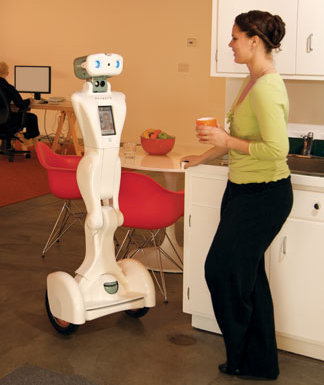The Personal Cloud and Data Deposit Box
Submitted by brad on Fri, 2013-04-05 20:08Last night I gave a short talk at the 3rd "Personal Clouds" meeting in San Francisco, The term "personal clouds" is a bit vague at present, but in part it describes what I had proposed in 2008 as the "data deposit box" -- a means to acheive the various benefits of corporate-hosted cloud applications in computing space owned and controlled by the user. Other people are interpreting the phrase "personal clouds" to mean mechanisms for the user to host, control or monetize their own data, to control their relationships with vendors and others who will use that data, or in the simplest form, some people are using it to refer to personal resources hosted in the cloud, such as cloud disk drive services like Dropbox.
I continue to focus on the vision of providing the advantages of cloud applications closer to the user, bringing the code to the data (as was the case in the PC era) rather than bringing the data to the code (as is now the norm in cloud applications.)
Consider the many advantages of cloud applications for the developer:
- You write and maintain your code on machines you build, configure and maintain.
- That means none of the immense support headaches of trying to write software to run on mulitple OSs, with many versions and thousands of variations. (Instead you do have to deal with all the browsers but that's easier.)
- It also means you control the uptime and speed
- Users are never running old versions of your code and facing upgrade problems
- You can debug, monitor, log and fix all problems with access to the real data
- You can sell the product as a service, either getting continuing revenue or advertising revenue
- You can remove features, shut down products
- You can control how people use the product and even what steps they may take to modify it or add plug-ins or 3rd party mods
- You can combine data from many users to make compelling applications, particuarly in the social space
- You can track many aspects of single and multiple user behaviour to customize services and optimize advertising, learning as you go
Some of those are disadvantages for the user of course, who has given up control. And there is one big disadvantage for the provider, namely they have to pay for all the computing resources, and that doesn't scale -- 10x users can mean paying 10x as much for computing, especially if the cloud apps run on top of a lower level cloud cluster which is sold by the minute.
But users see advantages too:




